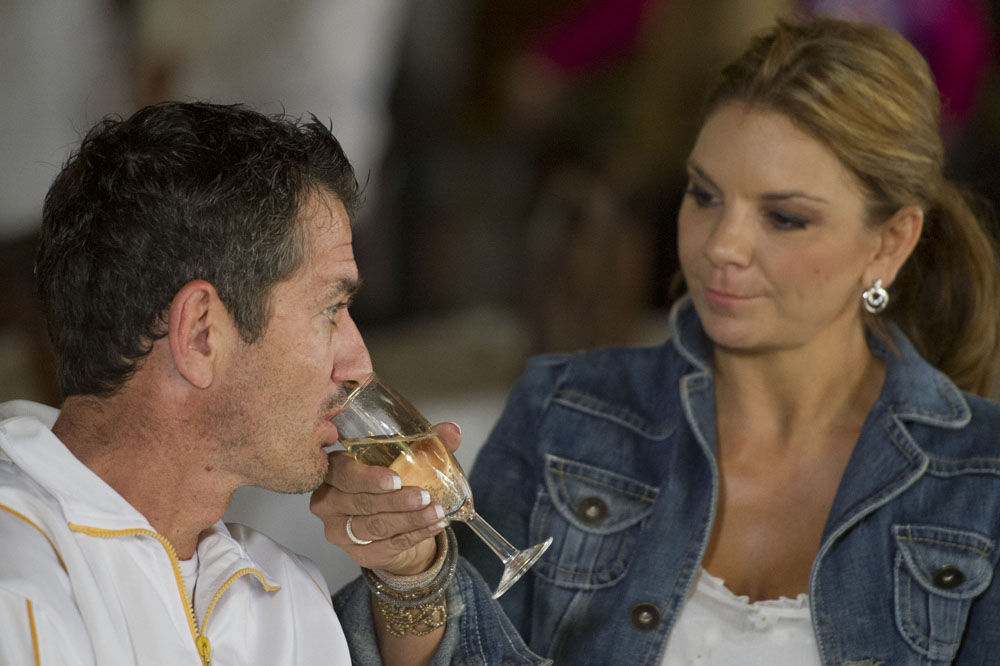Hajooj Kuka’s Beats of the Antonov explores the violence in Sudan through music.
Beats of the Antonov
Franco-German medical missionary, philosopher and theologian Albert Schweitzer once said: “There are two means of refuge from the miseries of life: music and cats.”
In this 2014 documentary directed by Hajooj Kuka, the people of the Blue Nile and the Nuba Mountains celebrate life through music even while they are in the midst of the Sudan–Sudan Revolutionary Front conflict.
Kuka took a fresh approach to the conflicts in Sudan by using music as a tool for telling the heart-wrenching stories of the country’s citizens. That approach earned him the People’s Choice Award for Best Documentary at the 2014 Toronto International Film Festival.
Badou Boy
The festival strikes a balance between classics and contemporary stories. One of the classics on the programme is the 1970 Senegalese film Badou Boy, first screened at the Cannes Film Festival in 1973. Directed by Djibril Diop Mambéty, it tells the story of a young man who travels by city bus around Dakar in the 1960s.
Badou Boy takes a parodical jab at the state Senegal was in, through the eyes and adventures of the young man, who is believed to be a troublemaker by a “cop”. Mambéty, who died in 1998, is recognised as one of Africa’s finest filmmakers and this film, dubbed as a portrait of Senegal, attests to that.
Necktie Youth
Sibs Shongwe-La Mer represents a new school of South African filmmakers. His 2015 film Necktie Youth zooms in on the lives of twentysomething friends, suburbanites enjoying the city of Johannesburg while having to deal with the death of a friend.
Necktie Youth is a refreshing take on the youth of South Africa after 1994 and how the characters come of age. The film opens startlingly with a teenage girl live-streaming her suicide, setting the tone for what is to follow.
Impressions of a Drowned Man
Still on the subject of suicide, Greek-Cypriot filmmaker Kyros Papavassiliou’s feature debut, Impressions of a Drowned Man, deals with the search for identity. The main character wakes up on the beach with no recollection of who he is, following a failed attempt to drown himself.
He finds his way back to the city where his girlfriend tells him that he is a famous 1920s Greek poet named Kostas Karyotakis. Although the film focuses on a gloomy theme, where hope is lost and life is void of meaning, it still plays out the idea of second chances really well.
Glory Game – The Joost van der Westhuizen Story
In this documentary, South African director and producer Odette Schwegler chronicles former Springbok scrum half Joost van der Westhuizen’s day-to-day life and battle with motor neuron disease.

Joost van der Westhuizen and Amor Vittone (Gallo)
According to Screen Africa, the doccie was filmed between February?20 2013 and June 22 2014. It documents Van der Westhuizen’s journey as he searches for better treatments for his condition. This film is sure to give a human face to motor neuron disease and to offer more information on the illness.